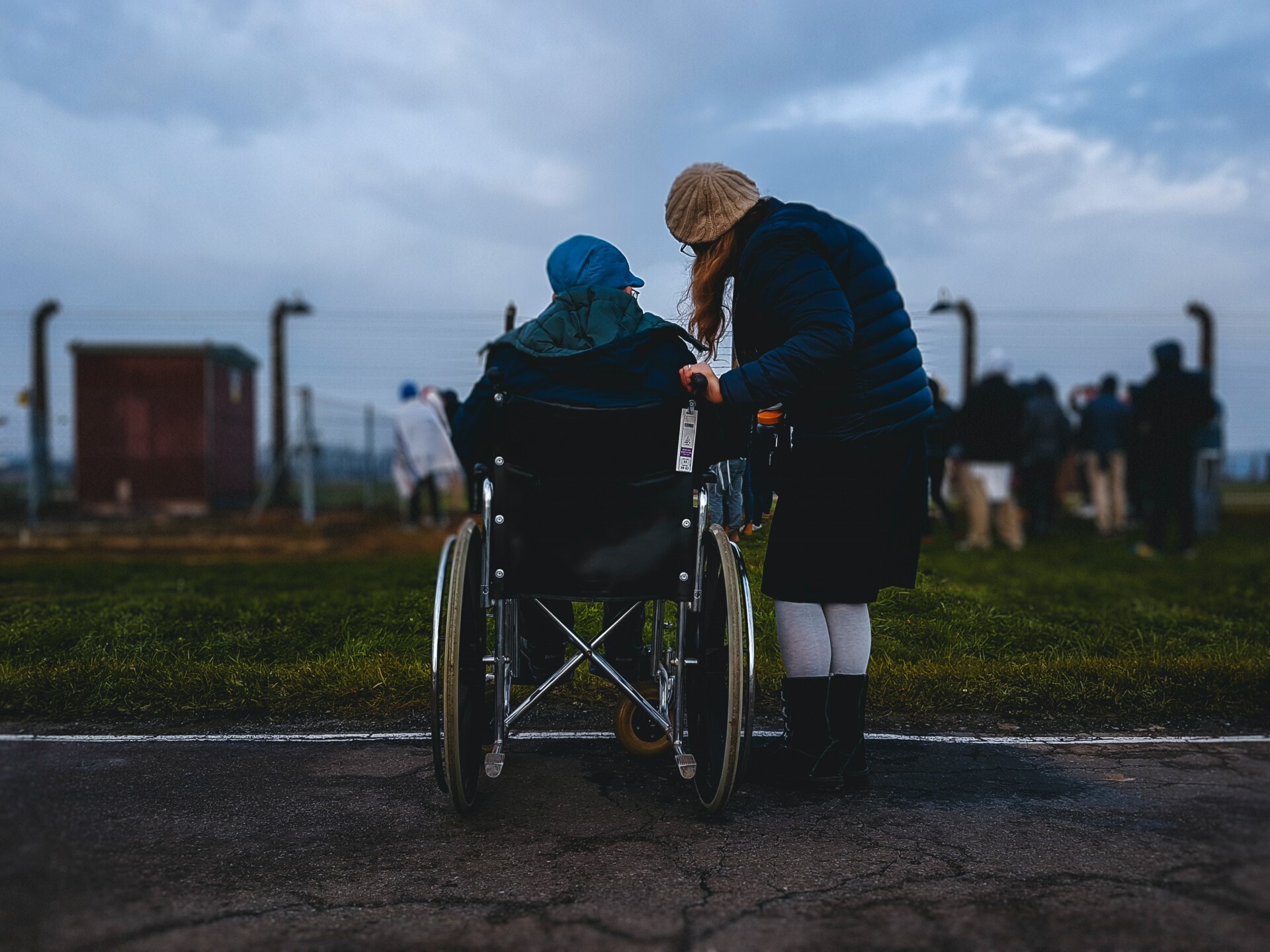
Result
One in twenty citizens cares for their relatives daily. One in eight provides care at least once a week, and one in five is active at least every month. This figure has almost doubled in the last ten years.
Within the population, differences between the sexes are now barely discernible, and variations in place of residence or income are also marginal. However, significant differences remain between age groups: While almost one in five people under 35 regularly (at least once a week) cares for their parents or grandparents, (as expected) this is true for less than one in fifty people over 60.
Reasons
Our society is aging, and with it, the number of people requiring care is also increasing. Since reunification, the proportion of people over 80 has more than doubled, rising from three million to over six million. While the availability of professional services has also increased, it has not done so to the same extent and has not been equally available for all levels of care. Added to this are the ever-lengthening waiting lists for care facilities, the shortage of trained professionals, and the rising costs of personal care and necessary services.
Accordingly, more and more children, spouses, and grandchildren are declaring their willingness to take on the care of their relatives themselves. The type, duration, and scope vary and range, for example, from occasional help with specific tasks, to regular outpatient or short-term care, to intensive daily care.
Forecast
By 2050, the number of very elderly citizens (over 80 years old) will increase by another three million. Many of them would prefer to remain in their own homes for as long as possible, maintain their social contacts, and participate in community life. When this is no longer possible on their own, family members are called upon to support, care for, or even nurse their relatives in their familiar surroundings – something many are willing to do. This caregiving often comes with a heavy burden, as caregivers must juggle work, family, and caregiving responsibilities.
It is therefore important to support and relieve the burden on family caregivers – for example, by expanding state support measures such as care allowances or care leave, expanding outpatient care and support services or more barrier-free housing facilities, but also through better social recognition, voluntary helpers and greater consideration.


